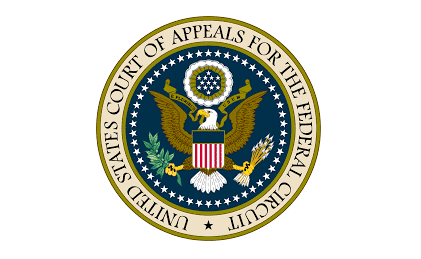Introduction to Trade Secrets
Trade Secrets
Generally, any confidential information that provides a competitive edge for a business may be considered a trade secret. Unauthorized use of such information is regarded as an unfair trade practice and a violation of trade secret law. In most legal systems worldwide, protection of trade secrets is a component of the general concept of protection against unfair competition.
Trade secrets may include manufacturing, industrial and commercial secrets. The subject matter of trade secrets is usually defined in broad terms and may include manufacturing processes, distribution methods, advertising strategies, sales methods, consumer profiles, and lists of suppliers and clients.
Unlike patents, trade secrets provide protection without registration or other procedural formalities, and a trade secret can be protected indefinitely. However, some conditions must be met for confidential information to be considered a trade secret. Although these conditions vary from country to country, some general standards exist:
- The information must be secret (i.e. not generally known among, or readily accessible to, circles that normally deal with the kind of information in question).
- The information must have commercial value because it is a secret.
- The information must have been subject to reasonable steps by the rightful holder of the information to keep it secret, such as through confidentiality agreements.
Trade secrets generally fall into two categories: (1) those concerning inventions or manufacturing processes that do not meet patentability criteria and therefore can only be protected as trade secrets, such as customers lists or manufacturing processes that are not sufficiently inventive to be granted a patent; and (2) those concerning inventions that would meet the patentability criteria and could be protected by patents. For trade secrets falling into the second category, inventors must choose whether to patent the invention or to maintain it as a trade secret.
Trade Secret Advantages
- Trade secret protection is not limited in time if the trade secret is maintained (as compared to patents which last in general for up to 20 years).
- Trade secret protection requires no application/registration costs.
- Trade secret protection is immediately effective (as compared to patents which may take years to issue).
Trade Secret Disadvantages
- If the trade secret is embodied in a product, competitors may be able to discover and use the secret by inspection and analysis of the product it (i.e. “reverse engineering”). Thus, trade secret protection does not give the secret holder the right to exclude others from making commercial use of the secret once it is discovered through legal means. Only patents provide this type of protection.
- Once a trade secret is made public, anyone may use it at will.
- Trade secrets are more difficult to enforce than patents, and the level of protection provided by trade secrets is generally considered weak compared with the protection granted by patents.
- The subject matter of a trade secret may be patented by someone other than the secret holder who developed the subject matter by legitimate means.
How are trade secrets protected?
To be eligible for trade secret protection, information must serve a commercial advantage and be secret. An owner of a trade secret must be able to demonstrate the confidentiality of the information, which is typically done by showing that practices are in place and followed by the company to maintain the secrecy of the information.
The owner of the trade secret must have made reasonable efforts under the circumstances to maintain its secrecy. Below are some examples of “reasonable” efforts to protect secrecy that will help secure your trade secret protection:
- Locked/guarded entrances; visitor log book and badges; locked location(s) for the secret information/documents, and a way to limit and keep track of all those having access and when they accessed – if on computer, having passwords – and otherwise keeping track of who sees it and when.
- Having the information marked CONFIDENTIAL, TRADE SECRET, PROPRIETARY, etc.
- Educating employees on trade secret policies, and having them sign agreements that include a non-disclosure of trade secrets clause.
Protection Without Patent Expenses
OUR IP TRADE SECRET COUNSELING SERVICES
Schedule a Discussion with Our Attorneys
Related Posts
LUEDEKA NEELY RETURNS A BIG WIN AT THE FEDERAL CIRCUIT
Earlier this month, the Federal Circuit announced a precedential decision heavily in favor of Spireon, Inc. thanks to the hard work of Luedeka Neely attorneys Michael Bradford and Mark Crockett. The court vacated and remanded a decision of the Trademark Trial and...
Summaries of Recent Patent and Trademark Trial and Appeal Board Cases
Luedeka Neely attorneys provide analysis of recent precedential cases from the Patent Trial and Appeal Board (PTAB) and Trademark Trial and Appeal Board (TTAB) for the period of September - October 2022. NXP USA, Inc. v. Impinj, Inc., IPR2021-01556, Paper 13...
Summaries of Recent IP Law Cases
Luedeka Neely attorneys provide analysis of recent precedential intellectual property law cases for the period of August - September 2022. In re Killian (Fed. Cir. August 23, 2022) - Court of Appeals for the Federal Circuit (CAFC)Appeal from Patent Trial and Appeal...
